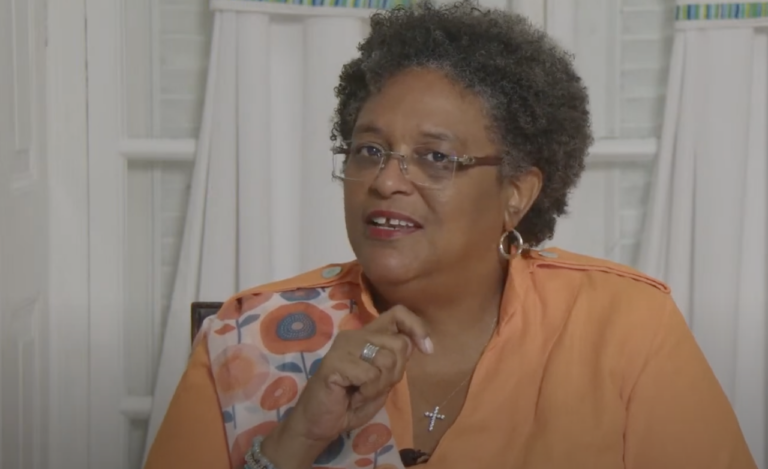
Prime Minister Mia Mottley has been praised for her administration’s attempts to respond to the spiralling cost of food, energy, and other necessary household and consumer items.
For the thousands of vulnerable households and even those in the middle-class, the assistance could not have come any sooner.
Many would readily admit that the pressures caused by a combination of inflation, unemployment, anxiety from two years of the pandemic, and concerns about social instability, represented an unhealthy mix.
In her unique approach to addressing the public on difficult conversations, the Prime Minister reminded us of the need to re-embrace the traditions of backyard farming.
Given the number of local gardening groups on social media, it is clear that there is a kind of kitchen garden renaissance emerging. Whether this is out of necessity or pure pleasure, we are not certain.
But this does not take away from the worthy and necessary actions taken by Government. The truth is that something had to give.
“As I said from the start, we recognise from early that there will be no knight in shining armour coming to rescue us, coming to rescue Barbados. We understand that our survival rests in our own hands and that if we are going to feed ourselves through this crisis and beyond, we will have to create the environment,” the Prime Minister emphasised.
The raft of agreed price cuts on essential foods, citrus, and meats is to be applauded. As we face the possibility of an increase in electricity rates, if approved by the Fair Trading Commission (FTC), the decision to reduce the threshold for value added tax (VAT) on electricity bills was also welcomed.
The announcement from the Prime Minister in her address to the nation on Thursday evening also represented another important development.
What is showcased was Barbados’ proven reliance on the much vaunted Social Partnership. It was the alliance of Government, the private sector, and the labour that again ensured social stability.
“Over the past several weeks the Government has been engaged in extensive discussions with our partners in a variety of critical sectors, as well as the Social Partnership, with the objective of easing the pressure that persons face each day with respect to critical food items, gas and electricity,” the Prime Minister disclosed in her presentation.
Our tripartite arrangement has worked well for our nation in the past crises and remains a critical anchor in our economic and social development.
We must not take this social compact lightly, for it is not an easy accomplishment in an era when people and groups cannot see beyond their own needs and appreciate that there is strength in unity.
This most recent version of our social compact in action, will be signed over the weekend and comes into effect from July 21 running through to January 31, 2023. Supermarkets and wholesalers have agreed to leave their mark-ups no higher than 12 to 15 per cent on the 44 items.
The Social Partnership, which was born out of one of the most turbulent times in a post-Independence Barbados, demonstrated the best of our nation.
Disparate groups rallied for Team Barbados when it looked like the bottom had fallen out of our economy and we were on the brink of economic catastrophe.
We must not fool ourselves, however, that we are out of the woods. There are economic scholars operating even within the International Monetary Fund (IMF) who are suggesting other alternative responses to the current high inflation environment.
In an IMF blog by four of its economists, they point to the new IMF guideline which suggests that artificially lowering prices so that everyone benefits is not an ideal approach.
The Washington-based multilateral institution’s note points in the opposite direction.
“Policymakers should allow high global prices to pass through to the domestic economy while protecting vulnerable households affected by the increases. That’s ultimately less costly than keeping prices artificially low for all irrespective of their ability to pay,” they argue.
They, however, concede that each country’s circumstances will differ. But they warn that while governments have tried to limit the rise in domestic prices in response to international price increases, either by cutting taxes or providing direct price subsidies, such support measures are themselves likely to “create new pressures on budgets already strained by the pandemic”.
The post #BTEditorial – Protecting the vulnerable is vital appeared first on Barbados Today.